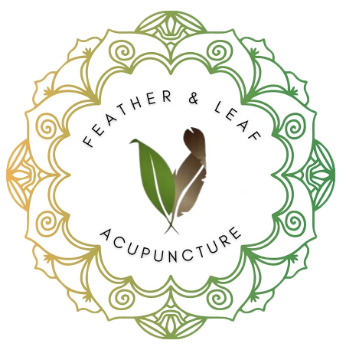For centuries, before the rise of modern pharmaceuticals, humanity relied on the natural world for healing. Herbs, with their potent array of compounds, have been used to soothe ailments, boost immunity, and promote overall well-being. Today, as we seek a more holistic approach to health, the ancient wisdom of herbal medicine is experiencing a resurgence. Let's delve into the fascinating world of medicinal herbs and explore their potential benefits.
A Legacy of Healing: The History of Herbal Medicine
Herbal medicine is deeply rooted in human history. Ancient civilizations, from the Egyptians and Greeks to the Chinese and Native Americans, meticulously documented the medicinal properties of plants. This knowledge was passed down through generations, forming the foundation of traditional healing practices.
Even today, many modern medications are derived from plant compounds. Aspirin, for example, originated from salicin, a compound found in willow bark. This connection underscores the enduring power of nature's pharmacy.
Understanding the Power: How Herbs Work
Herbs contain a complex array of bioactive compounds, including alkaloids, flavonoids, terpenes, and polyphenols. These compounds interact with the body in various ways, influencing everything from inflammation and immune function to mood and digestion.
It's crucial to remember that herbs are not a one-size-fits-all solution. Their effectiveness can vary depending on factors like individual physiology, dosage, and preparation.
Popular Medicinal Herbs and Their Uses:
Here are a few commonly used medicinal herbs and their traditional applications:
Ginger: Known for its anti-inflammatory and digestive properties, ginger can help relieve nausea, motion sickness, and muscle pain.
Turmeric: Contains curcumin, a potent antioxidant and anti-inflammatory compound. Turmeric is often used to manage pain, arthritis, and digestive issues.
Chamomile: A calming herb that can help alleviate anxiety, insomnia, and digestive upset. Chamomile tea is a popular bedtime beverage.
Peppermint: Known for its cooling and soothing properties, peppermint can help relieve headaches, indigestion, and muscle aches.
Echinacea: Often used to boost the immune system and fight off colds and flu.
Lavender: Used for relaxation, anxiety relief, and sleep aid.
St. John's Wort: Traditionally used to treat mild to moderate depression.
Important Considerations: Safety and Dosage
While herbs offer numerous potential benefits, it's essential to use them responsibly.
Consult a healthcare professional: Before using any herbal remedy, especially if you are pregnant, breastfeeding, or taking medications, consult with a doctor or qualified herbalist.
Research reputable sources: Ensure that you are obtaining herbs from reputable suppliers to guarantee quality and purity.
Follow dosage instructions: Adhere to recommended dosages to avoid potential side effects.
Be aware of potential interactions: Some herbs can interact with medications, so it's crucial to disclose all supplements and medications you are taking to your healthcare provider.
Allergic reactions: Some people may have allergic reactions to certain herbs. Always start with small amounts to test for any adverse effects.
Cultivating Your Own Herbal Remedy Garden:
Growing your own herbs can be a rewarding way to connect with nature and access fresh, potent remedies. Many medicinal herbs thrive in home gardens or containers.
A Natural Approach to Wellness:
Herbal medicine offers a valuable complement to modern healthcare. By understanding the properties of these powerful plants and using them responsibly, we can harness the healing power of nature to enhance our well-being.

